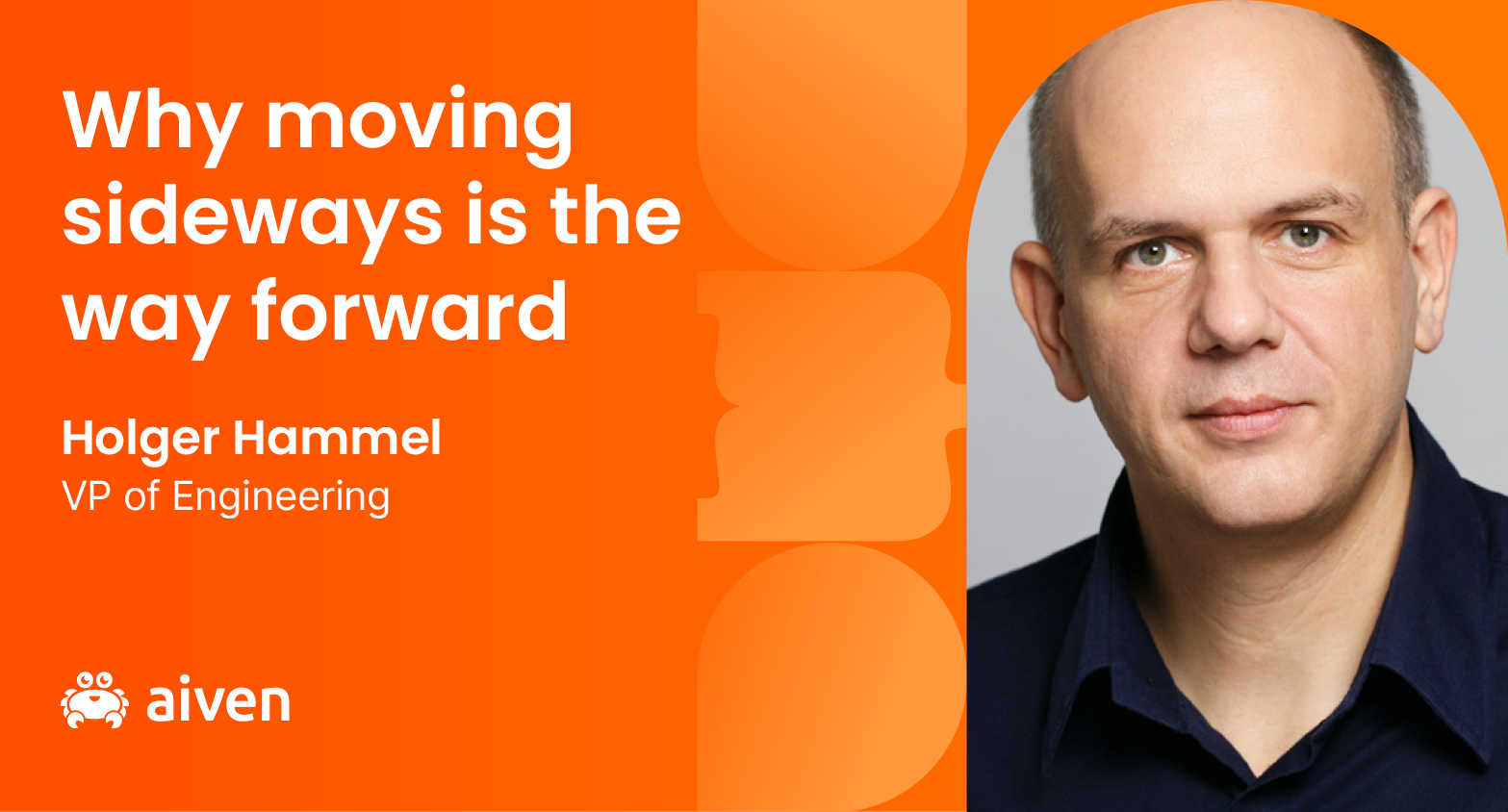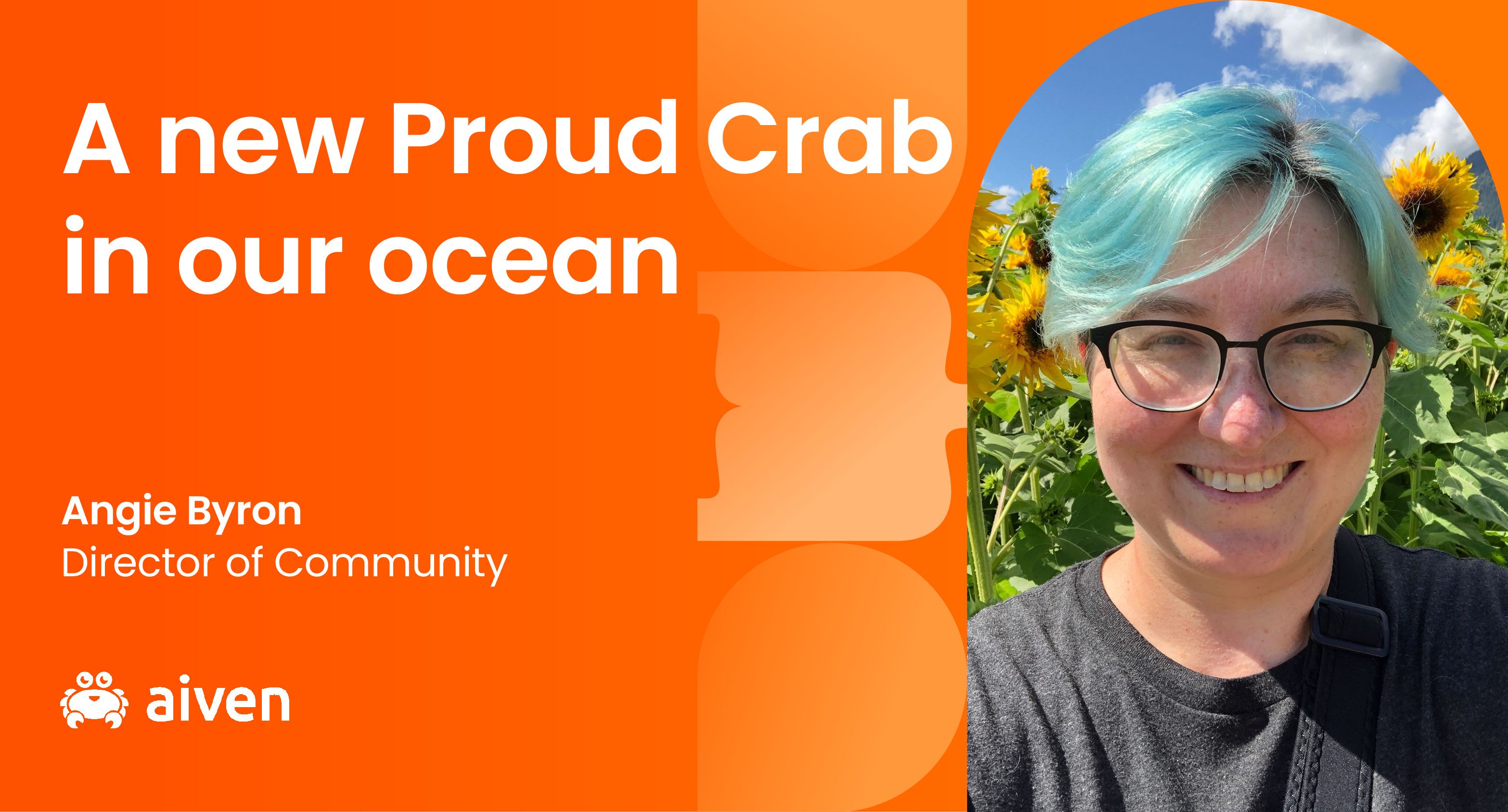Mar 13, 2024
Helping Enterprises Make Sense of Sustainability in an Ocean of Engineering Data
Daniel Ortiz
|RSS FeedIf I were to ask you what marine biologists and database engineers have in common, you’d think it was the beginning of a nerdy joke. There probably is one in there somewhere but, as someone that has sat on both sides of the fence – or operated on both sides of the water’s surface to continue the analogy – I can say with certainty that the parallels are more common than coral on the Great Barrier Reef.
Both marine biologists and database engineers play crucial roles in collecting, analyzing and utilizing information to understand ‘cause and effect’. Whether it’s factors relating to fish populations and pollution levels or data management and system design, the objectives are the same — to find ways of improving the environment in which they are concerned.
Five common traits shared
It means both professions share five common traits that make the people doing the job, tick. They are also key to shaping how businesses engage with sustainability initiatives and underpin the likelihood of success. These are:
- Problem-solving through data gathering: Both professions analyze complex data sets to understand causes and effects. With so much data generated within an enterprise, the first step when investing in sustainability after defining a strategy is to review the types of data available across the organization and to identify what data could be relevant to track the success of sustainability initiatives. This will help determine the systems required to gather and aggregate the right information, as well as addressing existing data gaps.
- Building models for the future: Instances like forecasting potential emission reduction pathways of an organization can require multitudes of data sources to feed into complex models and calculations, which might also be based on assumptions and have limitations that need to be considered carefully. It means that the ability to build flexible and scalable models is paramount — a skill at the core of both marine biology and database engineering.
- Communication and collaboration for impact: Both fields also rely on effective communication to translate complex technical knowledge for diverse audiences. For a company to demonstrate sincere commitment to prioritizing clear, sustainable actions across every area of the organization, it’s essential to set smart targets, communicate progress over time and put in place strong governance processes.
- Adaptability and continuous learning: Both fields demand constant learning and adaptation and thrive in dynamic environments where knowledge evolves rapidly. This is fundamental to enterprises looking at sustainability initiatives where making a difference often means constant tweaks and changes to ways the business operates. For instance, finding ways to make environmentally conscious choices throughout the data storage lifecycle, from data acquisition to disposal.
- Passion for a greater cause: Both professions are driven by a passion for a greater cause. If companies are unable to blend data and sustainability, they will lose competitiveness and resilience in the years to come.
Contribute to a better future
Through their data-driven approaches, communication skills, and dedication to their respective causes, both professions can contribute significantly to a better future. The plight of our oceans is well-documented but, in an era of sustainability on a global scale, the role of the technology sector must not be underestimated. This is because technology in this scenario has a dual purpose.
The first is that since technology is now so universally adopted and the basis for operations in almost every sector of business, it plays a fundamental role to accelerate the transition to net-zero emissions and scale positive impact. The second is that, because technology is constantly evolving and improving, many are using it as the basis to come up with the answers for the questions we need to solve around climate change.
Never before have technology and sustainability been so important, interconnected and influential.
Sustainability at Aiven
It is why sustainability must be at the heart of doing business today and is something we take seriously at Aiven. Indeed, one of our objectives is to deliver ‘disproportionate impact’. That is, we intentionally drive actions that echo far beyond our scale and expectations, creating a ripple effect of positive impact that amplifies our influence and inspires change.
One such example is a project where we are working to develop an open-source tool based on this plugin by Thoughtworks Inc, a tech consultancy with expertise on cloud emissions. Once integrated, it can show customers their carbon emissions associated with the Aiven service use. By exposing emissions, we aim at enabling customers to optimize their cloud footprint and infrastructure setup, contributing to more efficient use of cloud resources and allowing them to make informed decisions taking sustainability into account. To improve the data inputs needed to accurately calculate emissions, we plan to collaborate with several cloud providers
We’re also measuring and starting to reduce the carbon emissions generated by our business. Even though there are multiple sources of emissions across our value chain and operations, we are first focussing on emissions hotspots, which are areas with a particularly high environmental impact and if addressed properly, they can be minimised over time.
Powerful agents for driving change
Despite different focuses, marine biologists and database engineers share important skills and values that make them powerful agents for driving change. Collaborative working helps identify threats and inform sustainability strategies while technical know-how helps to understand and measure the impact of sustainability efforts.
Ultimately, both are a driving force for positive change for the business and the planet, empowering stakeholders and inspiring others to join a journey we must all make.
Stay updated with Aiven
Subscribe for the latest news and insights on open source, Aiven offerings, and more.



![Person walking on stepping stones [Sustainability update]](https://cdn.sanity.io/images/sczeoy4w/production/567004b521fbf0a2b919c620f1221d146c560f89-1567x844.jpg?q=80&fit=max&auto=format&dpr=1.5)